Spark plugs play a vital role in the engine's performance. Over time, they can become fouled or damaged, but what does it mean if they constantly fail? Let's examine why spark plugs fail and what you can do to prevent it.
If your spark plugs keep failing right after you replace them, there could be a few reasons why:
- Rich Air/Fuel Mixture
- Lean Air/Fuel Mixture
- Dirty Air Filter
- Diry Fuel Injectors
- Oil or Carbon Build-up
- Overheating Engine
- Incorrect Engine Timing
As you can see, there are several reasons your spark plugs keep burning up. This article will discuss each of these in detail and offer solutions to fix the problem. In addition, we will answer other frequently asked questions about spark plugs, so read on!
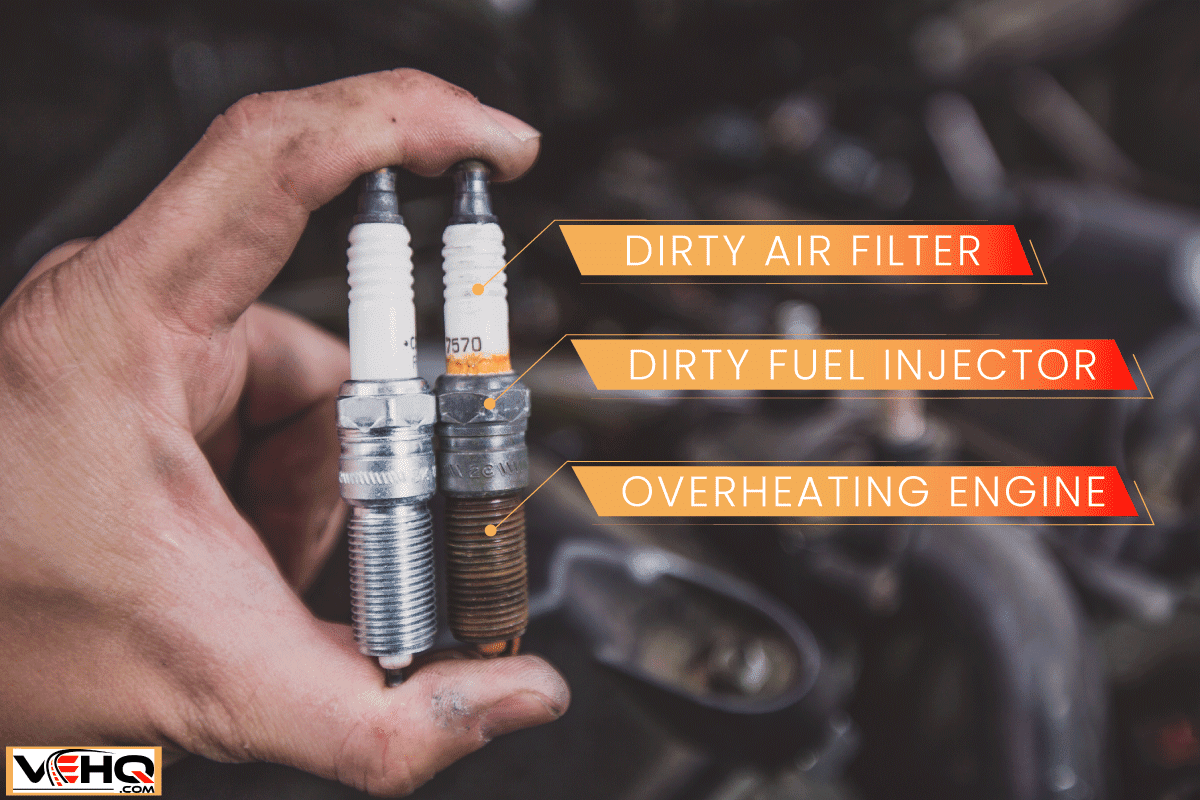
Reasons Why Spark Plugs Keep Going Bad
A spark plug's job is to create a spark that will ignite the air/fuel mixture in the engine. This mixture is very combustible, so it needs to be ignited at a precise moment.
Typically spark plugs need to be replaced every 30,000-80,000 miles or more, but if they are constantly going bad, it could be due to one of the following reasons:
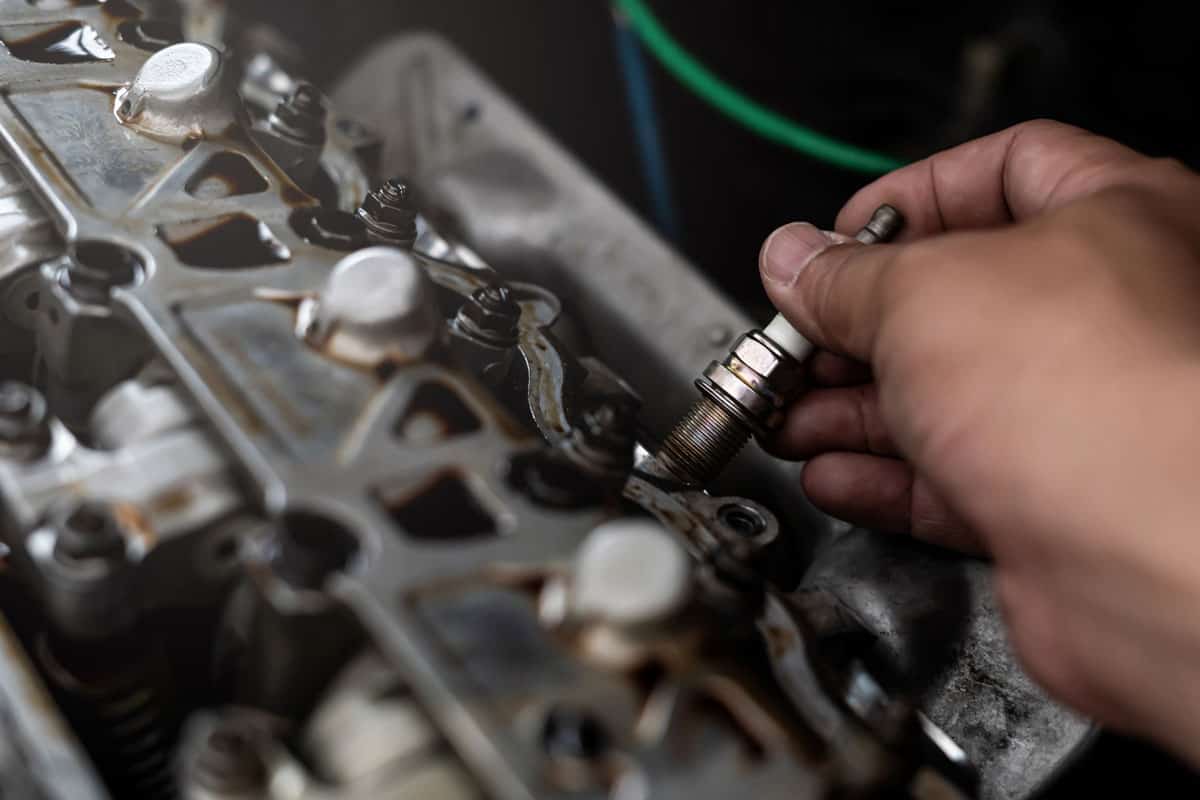
Rich Air/Fuel Mixture
If the air/fuel mixture is too rich, it can cause the spark plugs to fail. A rich mixture means there is more fuel than air in the mixture. This can happen if the carburetor is adjusted incorrectly or if there is a problem with the fuel injectors.
A rich air/fuel mixture can also be caused by a leaking head gasket or intake manifold. If you suspect any of these problems, it's best to take your car to a mechanic and have it checked out.
Lean Air/Fuel Mixture
A lean air/fuel mixture is just the opposite of a rich mixture - there is more air than fuel. This can be caused by several things, including a dirty air filter, leaks in the intake manifold, or a faulty oxygen sensor.
An ignition timing issue can also cause a lean mixture. This is when the spark plugs fire too early or too late. If the timing is off, it can cause the air/fuel mixture to detonate prematurely, damaging the spark plugs.
Dirty Air Filter
A dirty air filter can cause the spark plugs to fail because it restricts the airflow to the engine. This can lean out the air/fuel mixture and cause the engine to run too hot.
It's important to check your air filter regularly and replace it when it's dirty. A clogged air filter can cause your car to get poor gas mileage.
Dirty Fuel Injectors
Dirty fuel injectors can also cause the spark plugs to fail. This is because fuel injectors deliver a fine mist of fuel to the engine; if they are dirty, that mist can be too rich or too lean. This can cause the air/fuel mixture to be off and damage the spark plugs.
You can clean your fuel injectors yourself or take your car to a mechanic and have them cleaned professionally.
Oil or Carbon Build-up
Oil and carbon can build up on the spark plugs and cause them to fail. This is typically more of a problem in older cars with carburetors. If your vehicle has a carburetor, it's essential to have it cleaned regularly.
In newer cars with fuel injectors, this build-up is less of a problem because the injectors spray a fine mist of fuel that doesn't allow the oil and carbon to build up as much.
Overheating Engine
An overheating engine can also cause the spark plugs to fail. If the engine gets too hot, it can melt the insulation on the spark plug wires or damage the spark plugs themselves.
Several things can cause an engine to overheat, including a coolant leak, a stuck thermostat, or a faulty cooling fan. If your engine is overheating, it's best to take it to a mechanic and have it checked out.
Incorrect Engine Timing
As we mentioned earlier, an incorrect ignition timing can cause the air/fuel mixture to detonate prematurely and damage the spark plugs. A faulty ignition module or distributor usually causes this.
It's also possible to adjust the timing slightly too far and cause the same problem. If you suspect your car's timing is off, it's best to take it to a mechanic and have them check it.
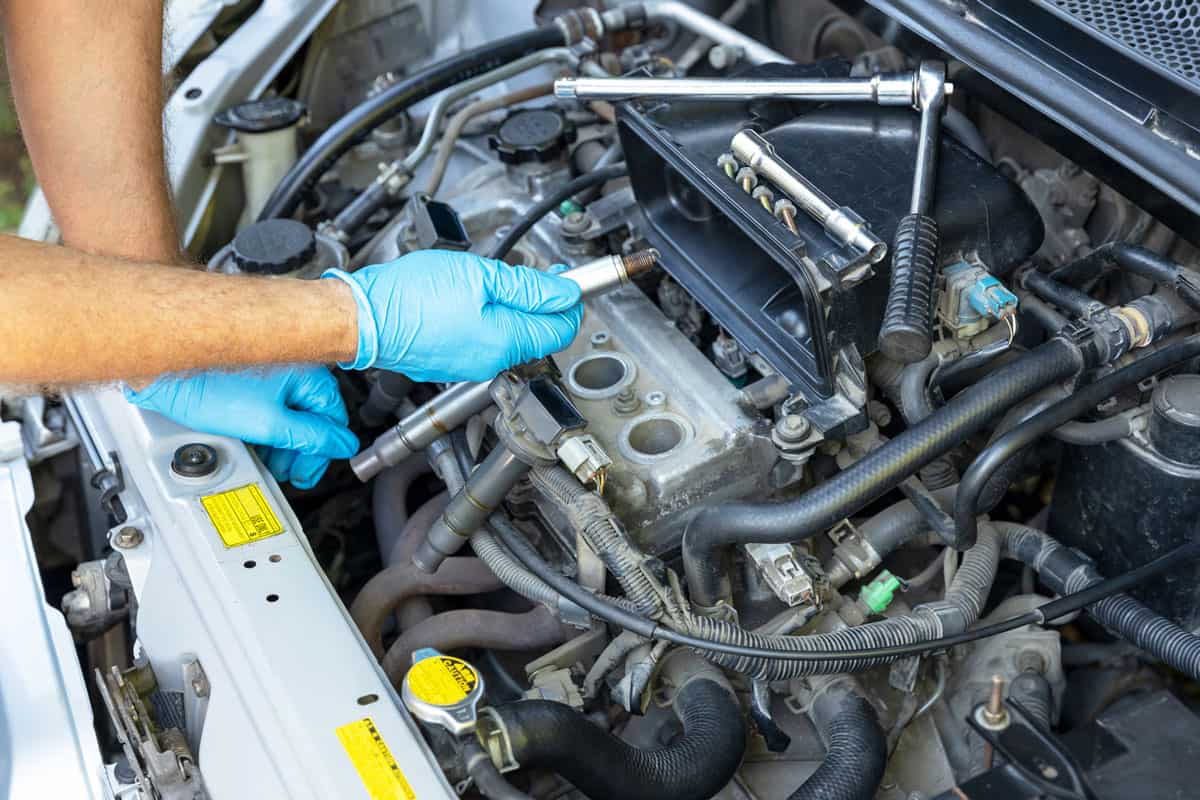
What Are Signs of Bad Spark Plugs?
If you aren't sure if your spark plugs are bad, there are a few signs you can look for. These include:
Decrease in Fuel Economy
One of the first signs of bad spark plugs is a decrease in fuel economy. This is because the engine isn't running as efficiently as it should be.
If you notice your car's gas mileage has decreased, it's a good idea to check the spark plugs and make sure they are in good condition.
Hard Starts
Another sign of bad spark plugs is hard starting. This is when the engine takes longer than usual to start up.
If your starter and battery are in good condition, then the problem is likely with the spark plugs.
Rough Idle
If your car is idling rough, it's another sign that the spark plugs may be bad. But, again, this is because the engine isn't firing on all cylinders and is running less efficiently.
If you notice your car is idling rough, it's a good idea to check the spark plugs and see if they need to be replaced.
Misfiring Engine
A misfiring engine is another common symptom of bad spark plugs. This is when the engine is firing on some cylinders but not others.
A misfiring engine will run less efficiently and can cause damage to the catalytic converter. If you notice your car is misfiring, it's a good idea to check the spark plugs and see if they need to be replaced.
Engine Surging
Engine surging is another symptom of bad spark plugs. This is when the engine speeds up and slows down for no apparent reason.
If you notice your car's engine surging, it's a good idea to check the spark plugs and see if they are the cause. Engine surging and lack of power can be dangerous and should be fixed as soon as possible.
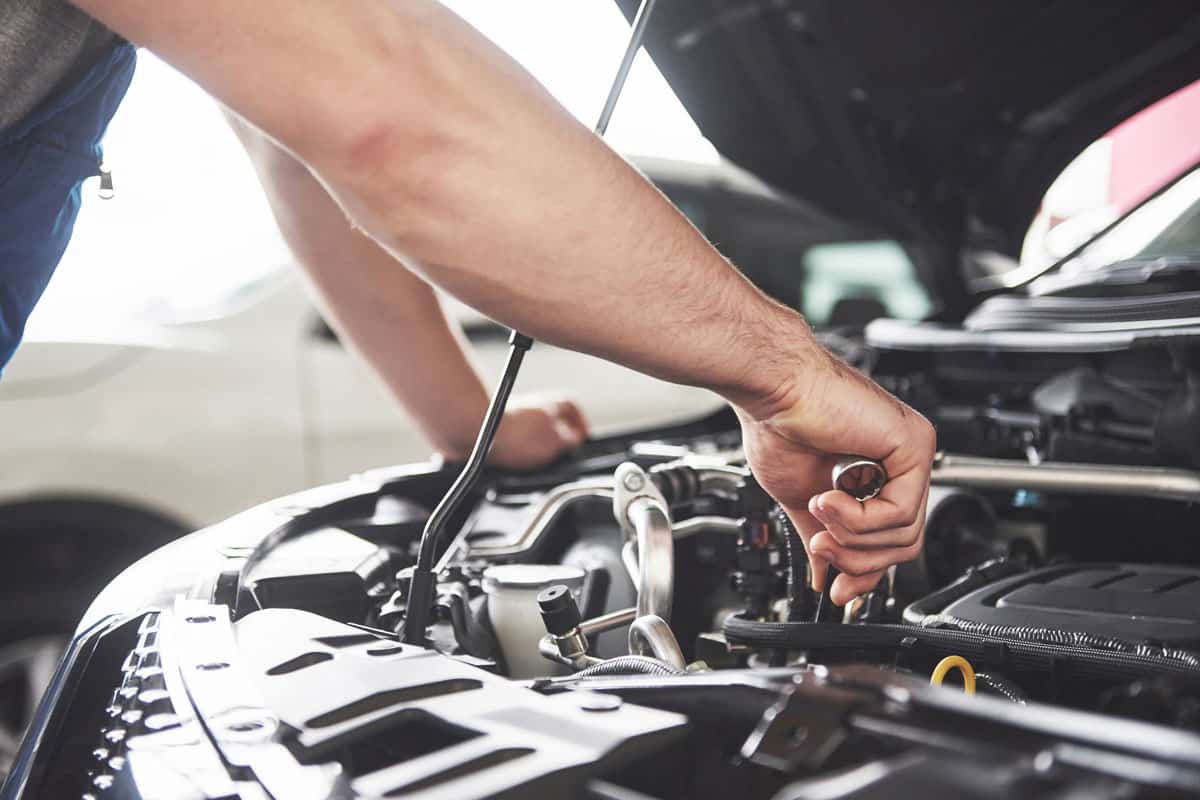
What Type of Spark Plugs Should I Get?
You may also be buying the wrong spark plugs for your car. To avoid this, you must know what type of spark plugs you need.
There are three main types of spark plugs: iridium, platinum, and copper. The kind of spark plug you need will depend on the make and model of your car.
You can usually find this information in the owner's manual. If you can't find it there, you can also ask a mechanic or look online for the info.
For example, if you have a high-performance car, you will probably need iridium spark plugs. These are more expensive, but they last longer and provide better performance.
On the other hand, copper spark plugs may be all you need if you have a less powerful car. These are the least expensive, but they don't last as long.
If you're unsure what type of spark plugs you need, it's best to ask a mechanic. They will be able to tell you what type of spark plugs are best for your car.
How Often Should I Replace My Spark Plugs?
How often to replace your spark plugs greatly depends on the type of spark plugs you use. For example, iridium and platinum spark plugs can last up to 100,000 miles.
On the other hand, copper spark plugs need to be replaced more often. They typically only last 20,000-40,000 miles.
It's also important to note that your driving conditions will affect how often you need to replace your spark plugs.
For example, if you regularly drive in stop-and-go traffic, you will need to replace your spark plugs more often. This is because stop-and-go driving puts more strain on the engine and causes the spark plugs to wear out faster.
It's good to have a general idea of how often you need to replace your spark plugs. However, it's always best to consult your owner's manual or a mechanic for specific recommendations.

Will My Car Run Better With New Spark Plugs?
In short, yes. If your spark plugs are old and worn out, they are not firing as efficiently as they should be. This can lead to a number of problems, such as a misfiring engine, decreased fuel economy, and loss of power.
Replacing your spark plugs will make your car run better. You will notice an improvement in performance and fuel economy. Your engine will also run smoother and start up more easily.
If your car is higher in mileage, then a tune-up that includes new spark plugs, wires, and possibly a new coil pack may be necessary to restore lost performance.
Final Thoughts
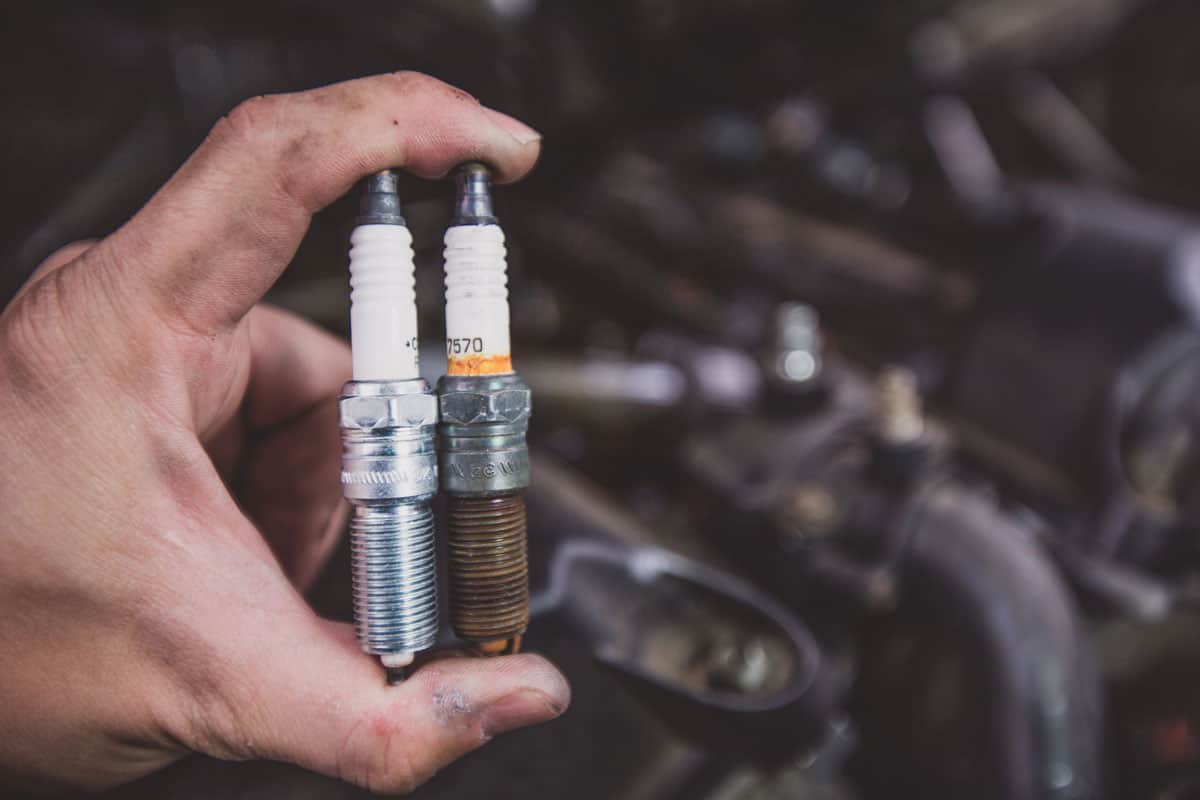
While replacing your spark plugs is important, they shouldn't fail often. If they are, it could be a sign of a bigger problem.
If your car regularly needs new spark plugs, it's a good idea to take it to a mechanic and have them diagnose the problem. They will be able to tell you if something else is going on that needs to be fixed.
Made it to the end? Here are other articles you might enjoy:
Do Modern Car Engines Have Spark Plugs?
